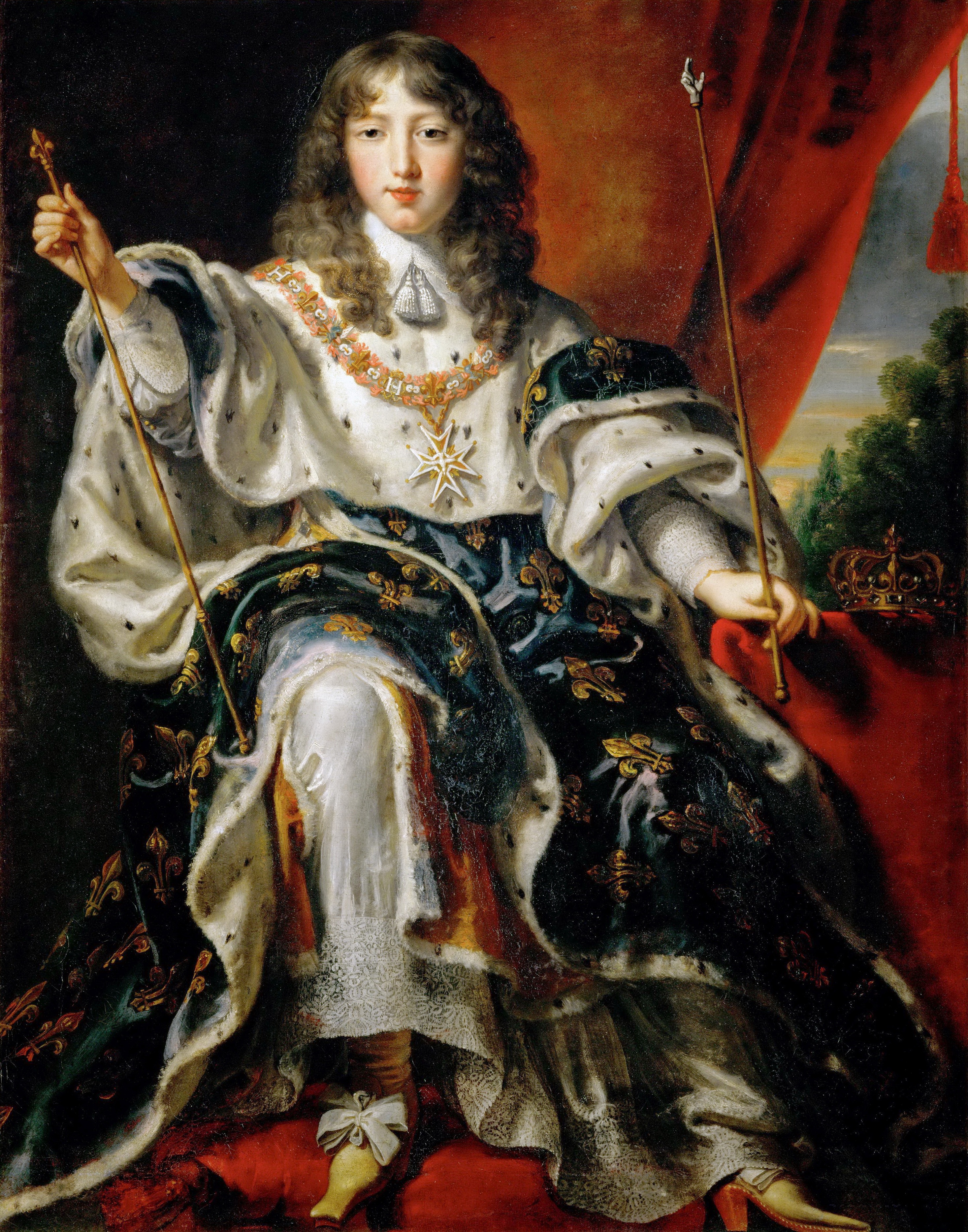L'État, C'est Moi on:
[Wikipedia]
[Google]
[Amazon]
 ''L'État, c'est moi'' ("I am the state", lit. "the state, that is me") is an apocryphal saying attributed to
''L'État, c'est moi'' ("I am the state", lit. "the state, that is me") is an apocryphal saying attributed to
 ''L'État, c'est moi'' ("I am the state", lit. "the state, that is me") is an apocryphal saying attributed to
''L'État, c'est moi'' ("I am the state", lit. "the state, that is me") is an apocryphal saying attributed to Louis XIV
, house = Bourbon
, father = Louis XIII
, mother = Anne of Austria
, birth_date =
, birth_place = Château de Saint-Germain-en-Laye, Saint-Germain-en-Laye, France
, death_date =
, death_place = Palace of Vers ...
, King of France and Navarre
France was ruled by monarchs from the establishment of the Kingdom of West Francia in 843 until the end of the Second French Empire in 1870, with several interruptions.
Classical French historiography usually regards Clovis I () as the first ...
, it was allegedly said on before the Parliament of Paris
The Parliament of Paris (french: Parlement de Paris) was the oldest ''parlement'' in the Kingdom of France, formed in the 14th century. It was fixed in Paris by Philip IV of France in 1302. The Parliament of Paris would hold sessions inside the ...
. It is supposed to recall the primacy of the royal authority in a context of defiance with the Parliament, which contests royal edicts taken in ''lit de justice
In France under the Ancien Régime, the ''lit de justice'' (, "bed of justice") was a particular formal session of the Parliament of Paris, under the presidency of the king, for the compulsory registration of the royal edicts. It was named thus ...
'' on 20 March 1655. The phrase symbolizes absolute monarchy
Absolute monarchy (or Absolutism as a doctrine) is a form of monarchy in which the monarch rules in their own right or power. In an absolute monarchy, the king or queen is by no means limited and has absolute power, though a limited constitut ...
and absolutism.
Nevertheless, historians contest that this sentence, which does not appear in the registers of the parliament, was really said by Louis XIV, especially since on his deathbed, Louis XIV pronounced a sentence, attested, completely contradictory: "I die, but the state will always remain."
The origin of the phrase is attributed to Pierre-Édouard Lémontey in his ''Essai sur l'établissement monarchique de Louis XIV et sur les altérations qu'il éprouva pendant la vie de ce prince'' (1818), who writes: "The Koran
The Quran (, ; Standard Arabic: , Quranic Arabic: , , 'the recitation'), also romanized Qur'an or Koran, is the central religious text of Islam, believed by Muslims to be a revelation from God. It is organized in 114 chapters (pl.: , sing.: ...
of France was contained in four syllables and Louis XIV pronounced them one day: "L'État, c'est moi!". As Olivier Chaline
Olivier Chaline (29 December 1964, Neuilly-sur-Seine) is a contemporary French historian, a specialist of the history of Central Europe.
Biography
The son of Jean-Pierre Chaline, himself an historian (a specialist on the French Third Republic), ...
and Edmond Dziembowski point out, "if the forger is well forgotten today, his invention has not finished being used...".''in'' Michel Figeac (dir), ''État, pouvoirs et contestations dans les monarchies française et britannique et dans leurs colonies américaines (vers 1640-vers 1780)'', Armand Colin
Armand Colin is a French publishing house founded in 1870 by Auguste Armand Colin. It specializes in publishing works concerning human sciences, economics and education. Among its best-known publications are the "U" collection begun in 1968, a ...
, 2018, p. 8
Bibliography
*References
{{Reflist 1655 in France Political catchphrases Louis XIV Political quotes Misquotations